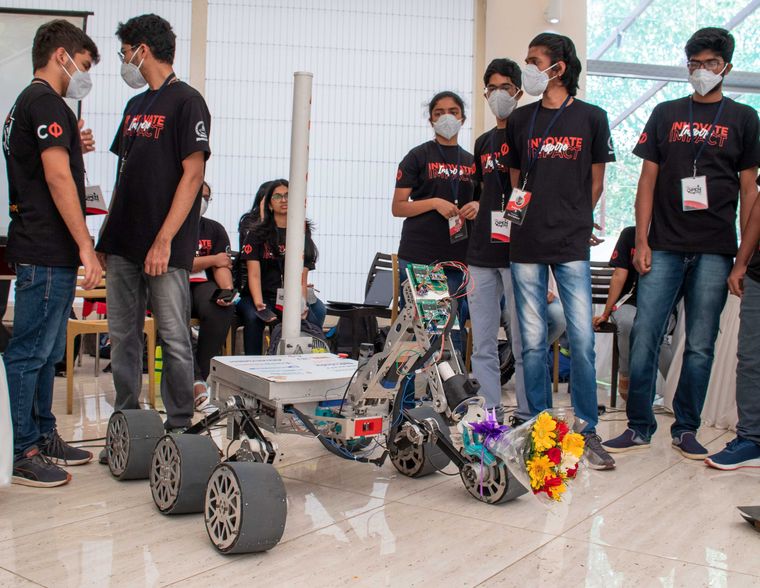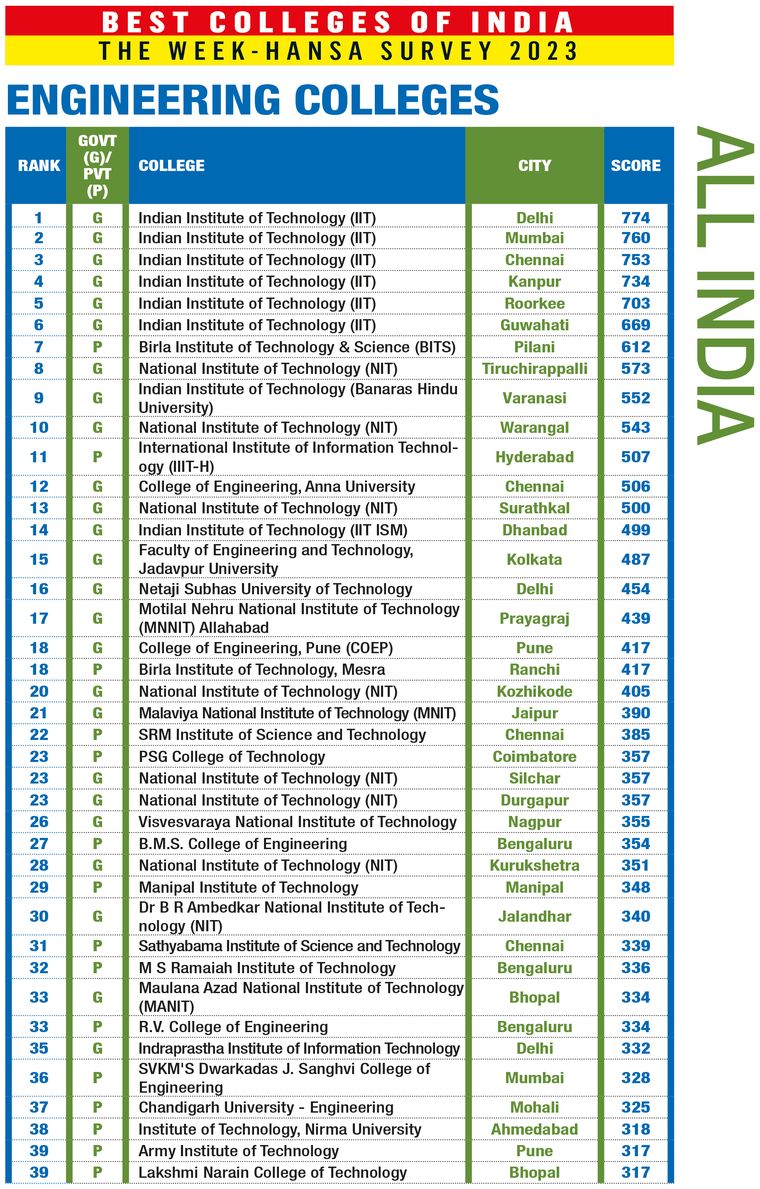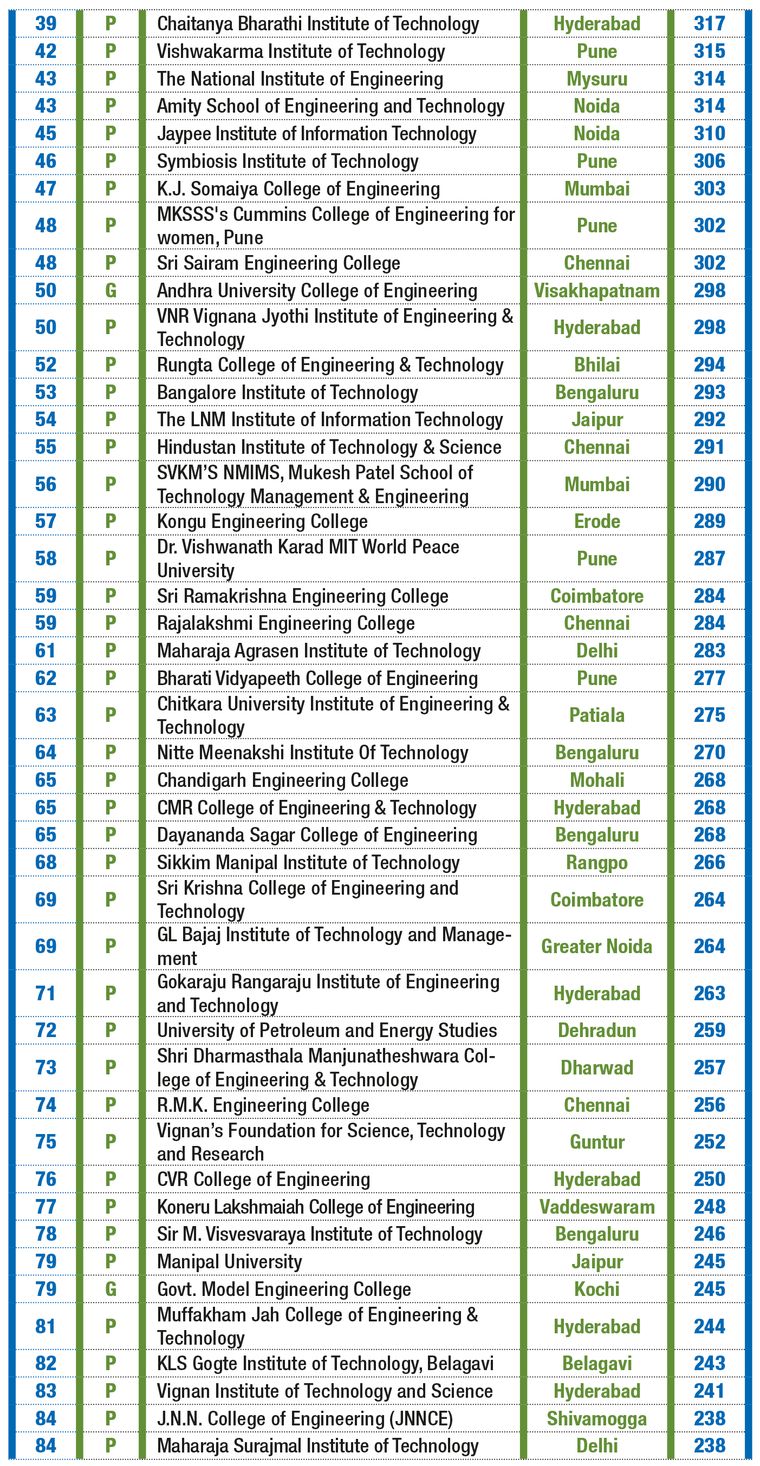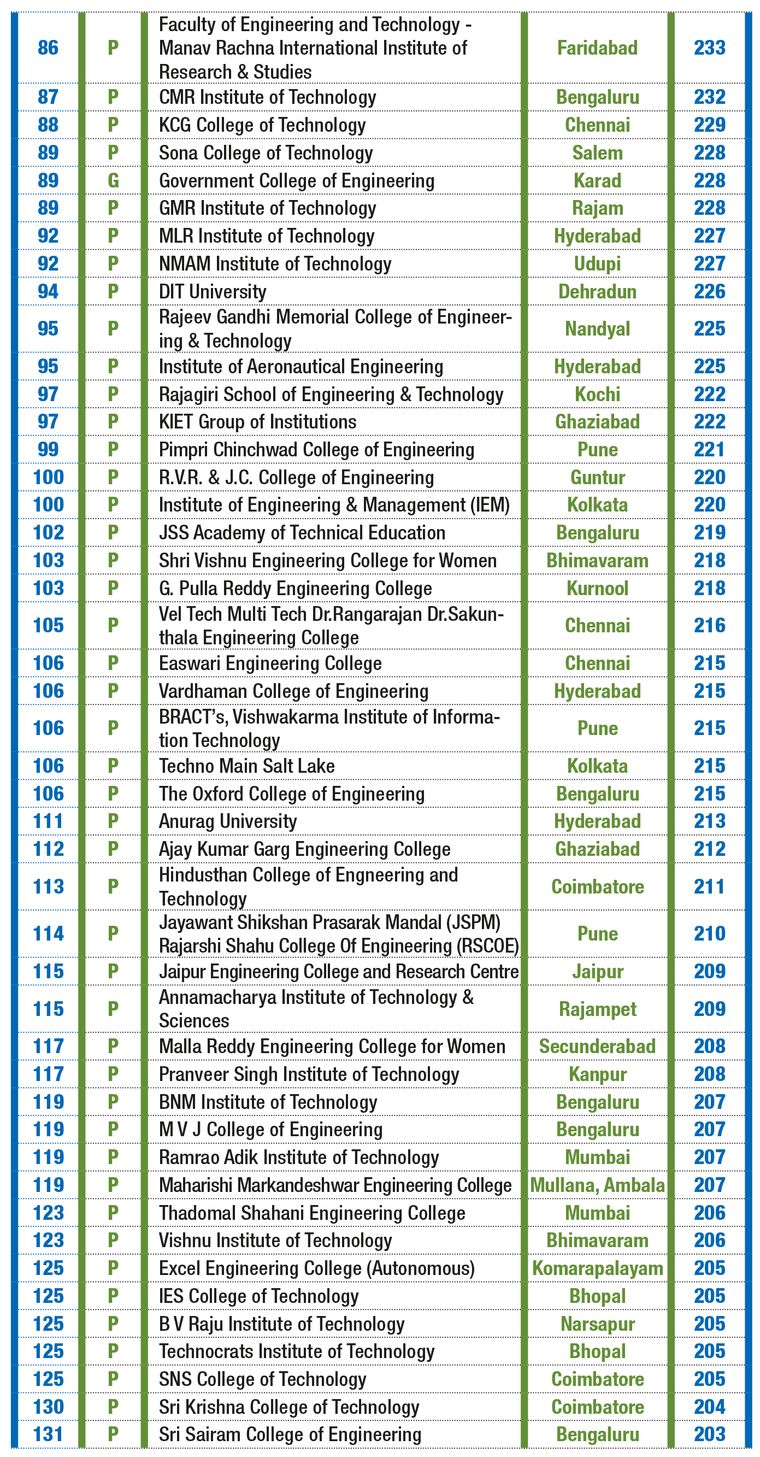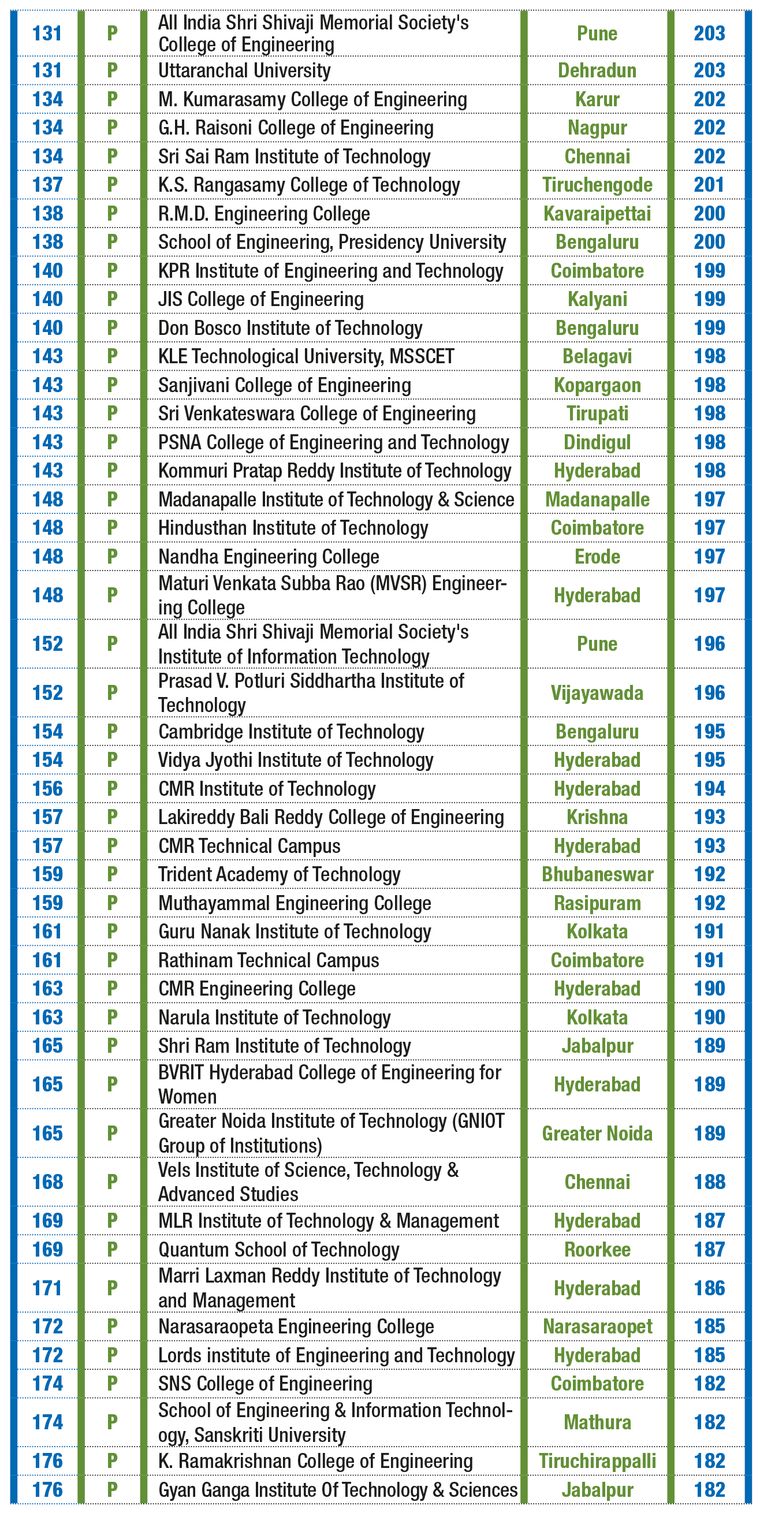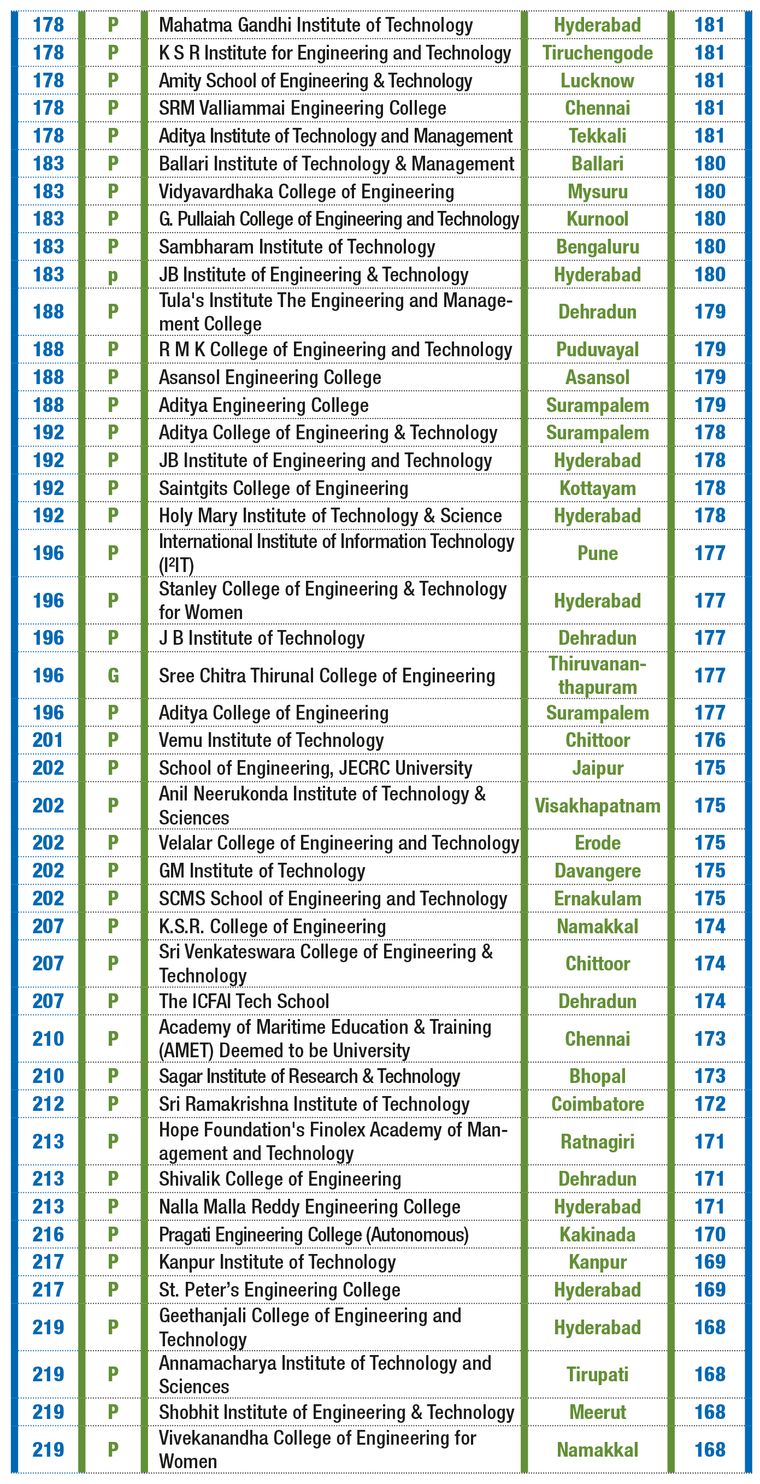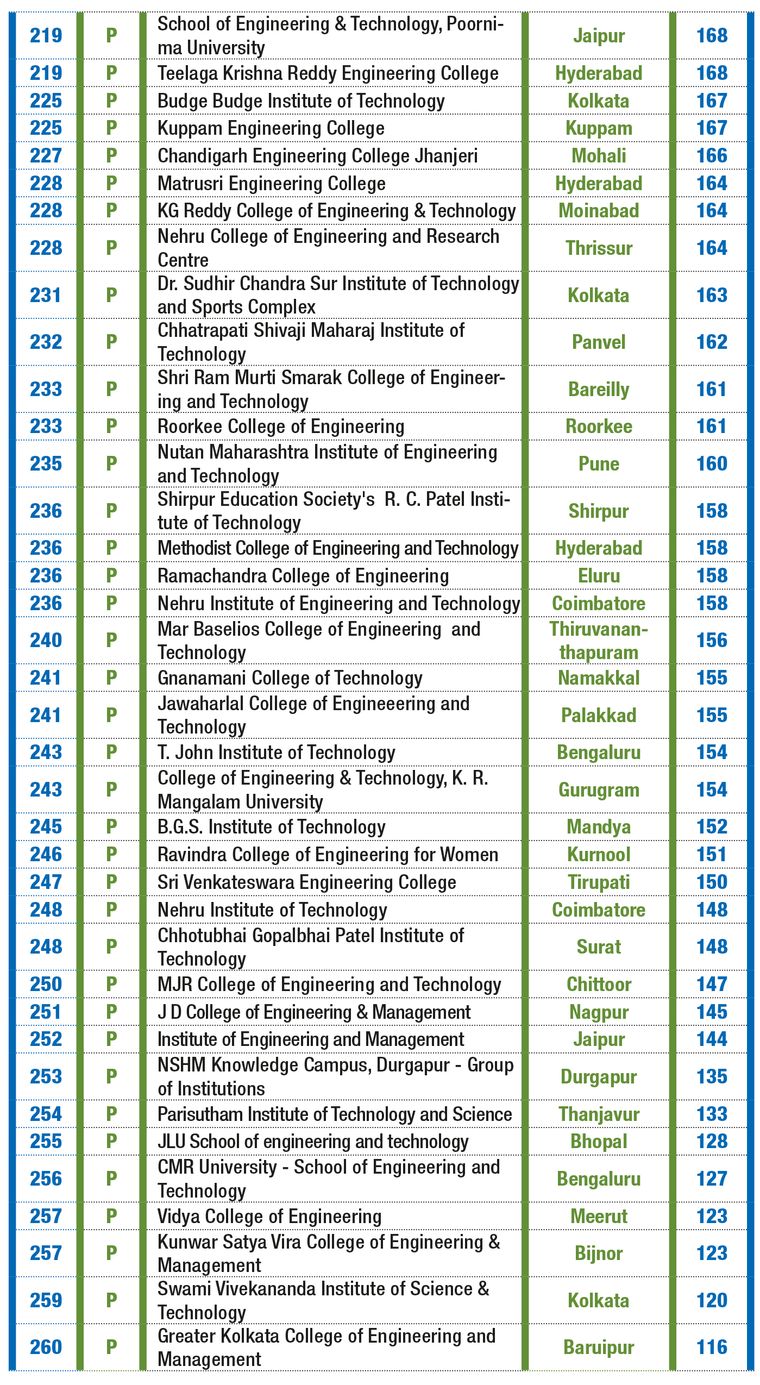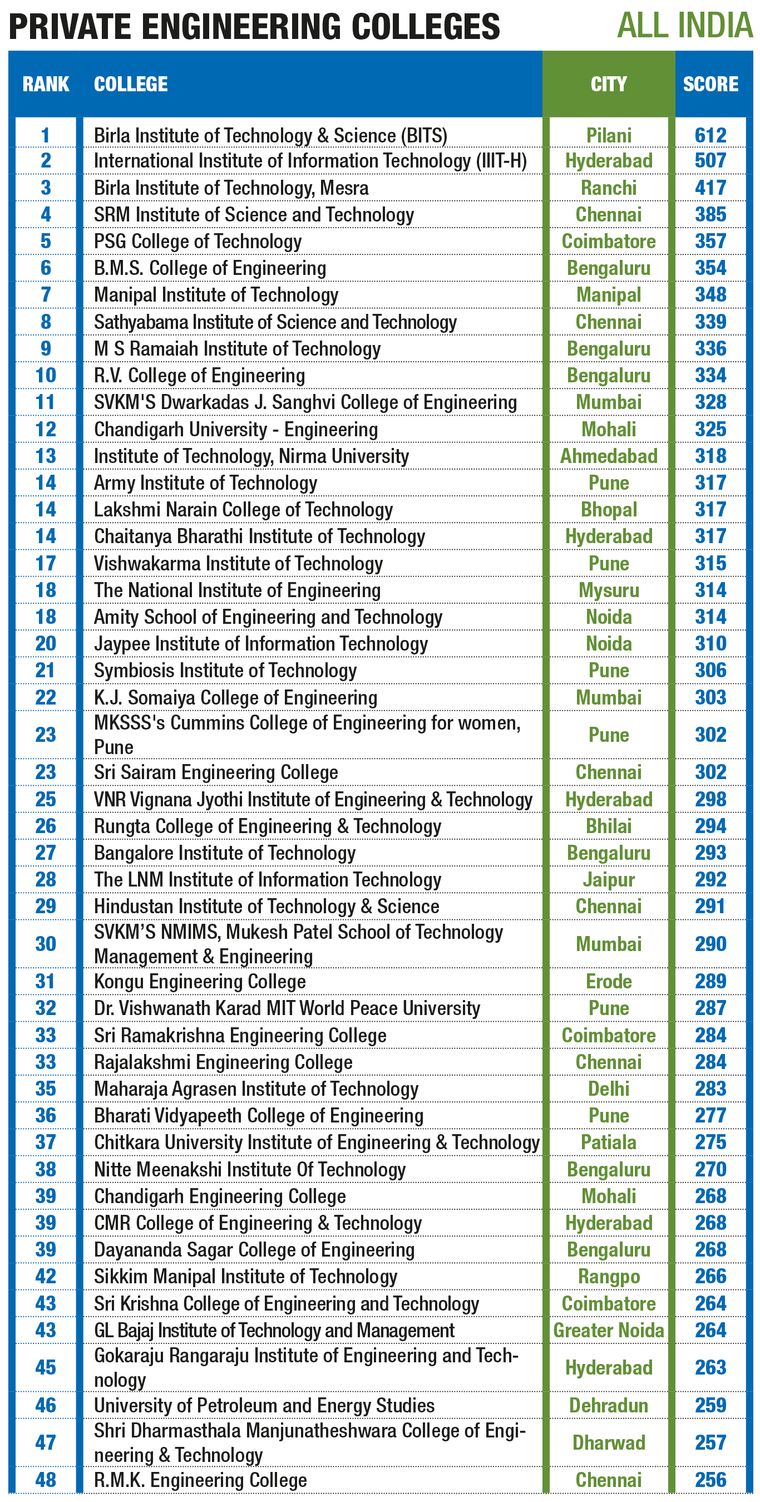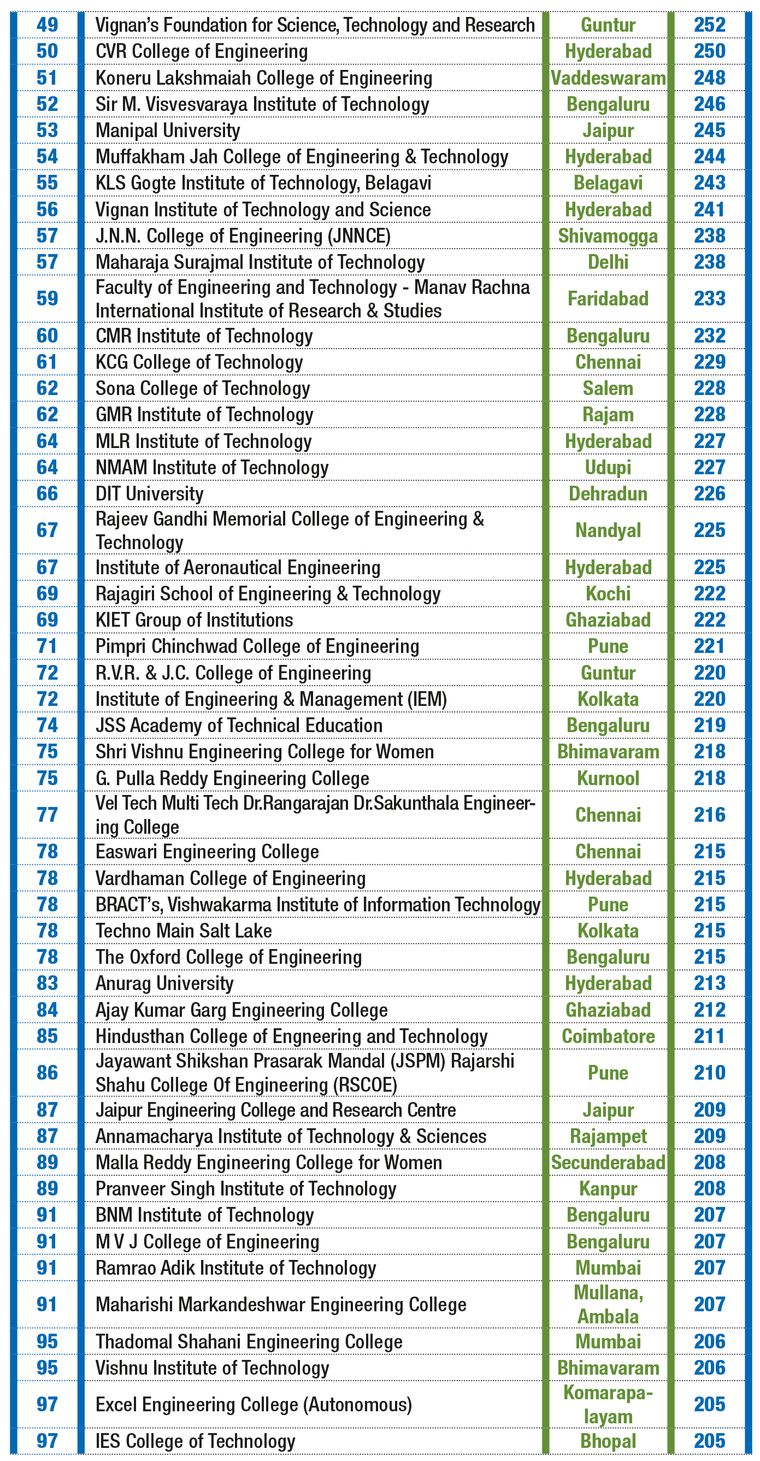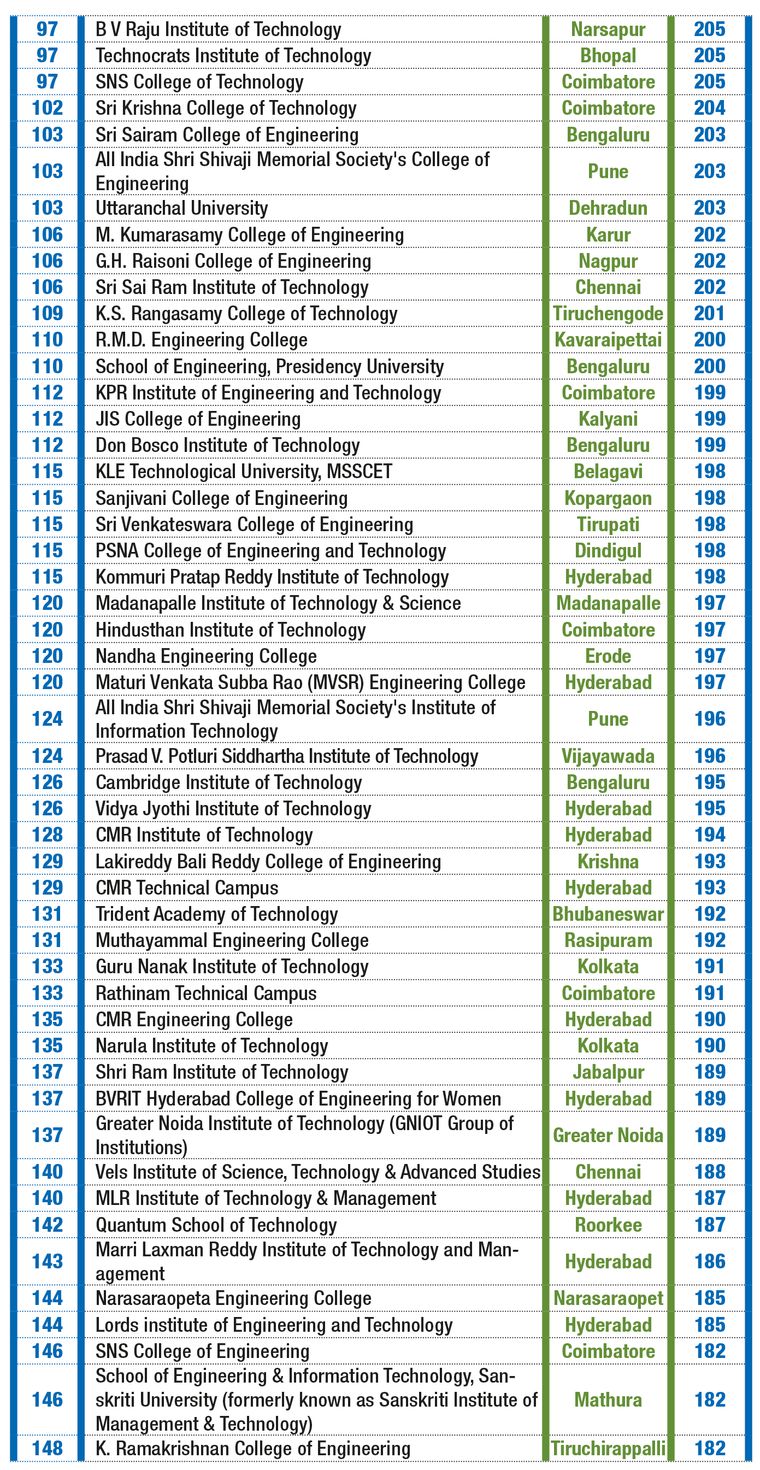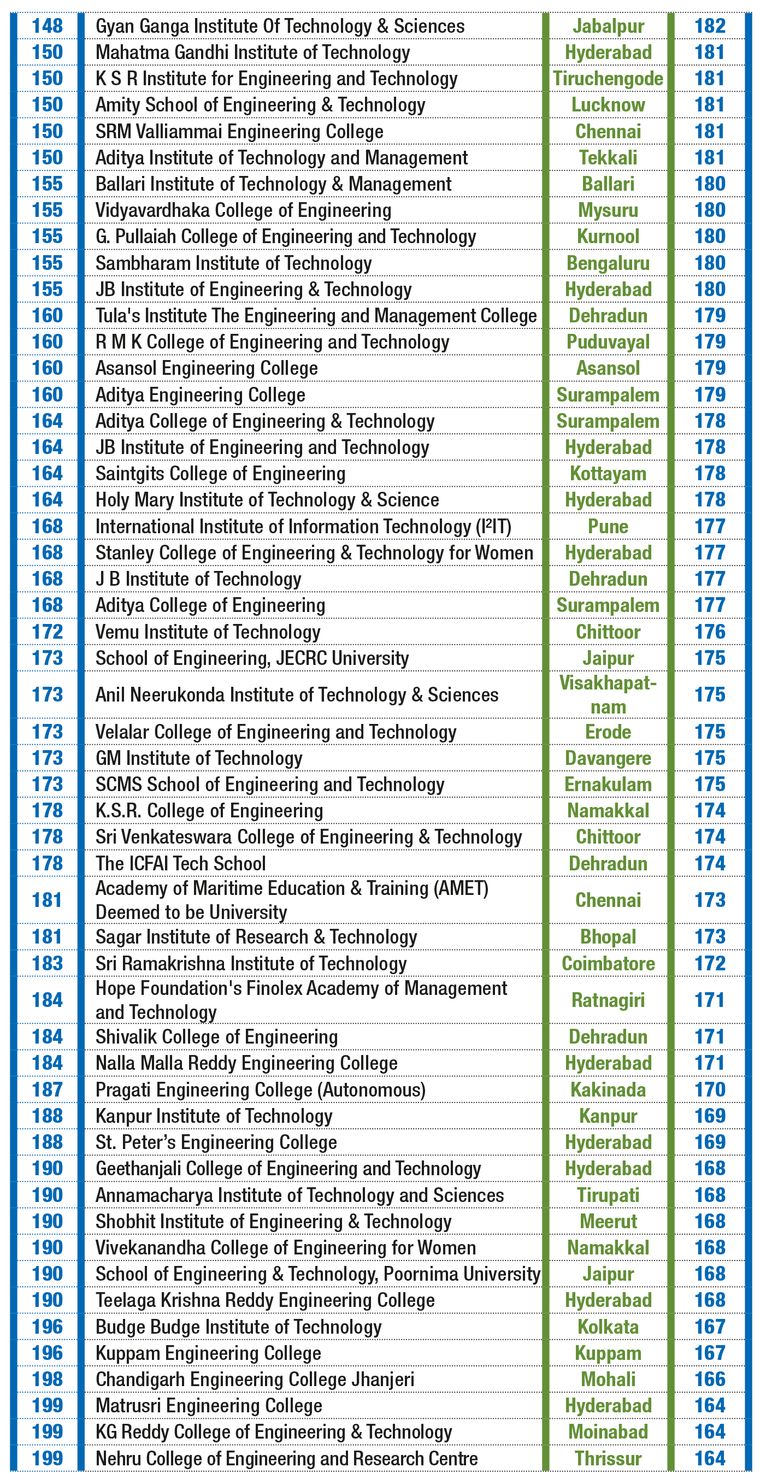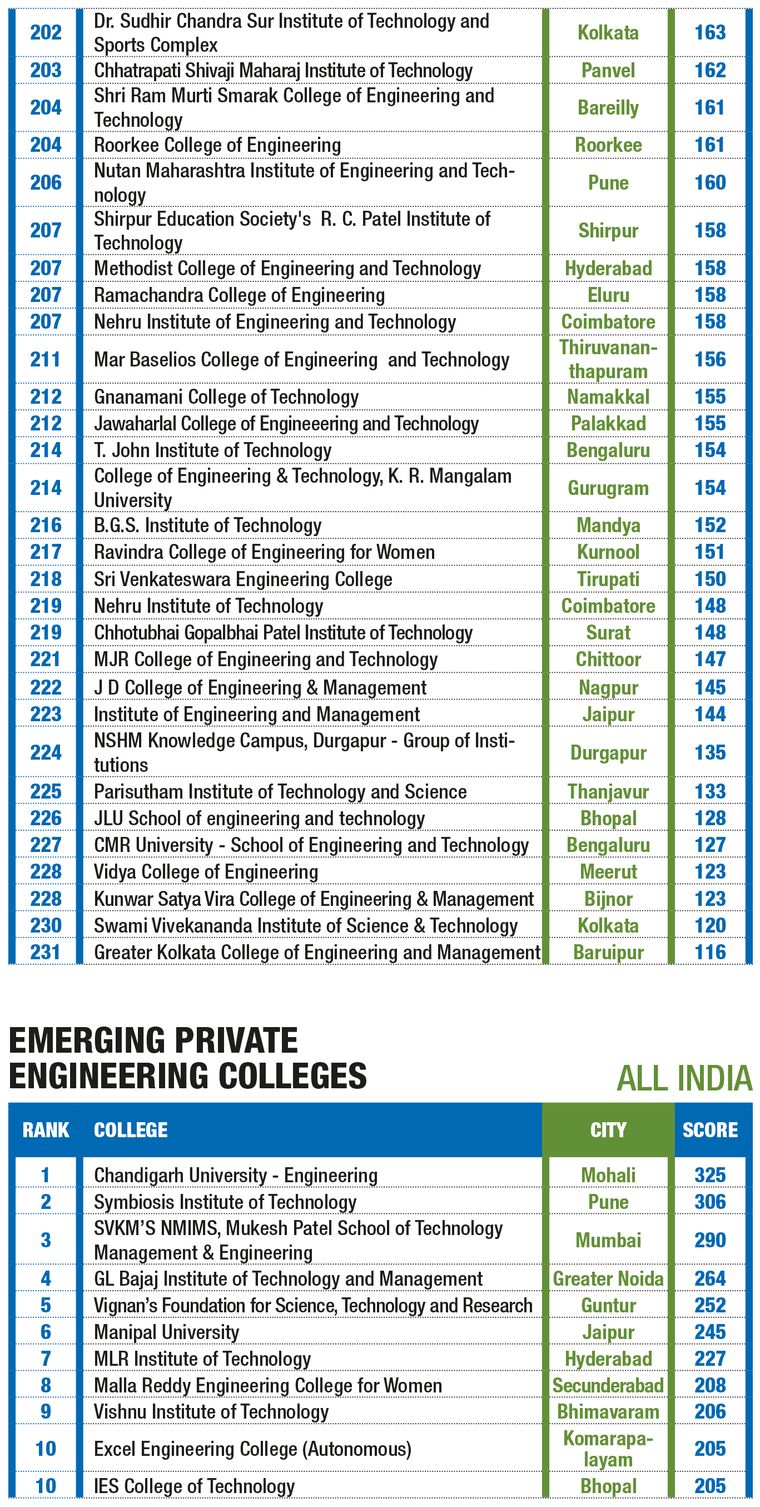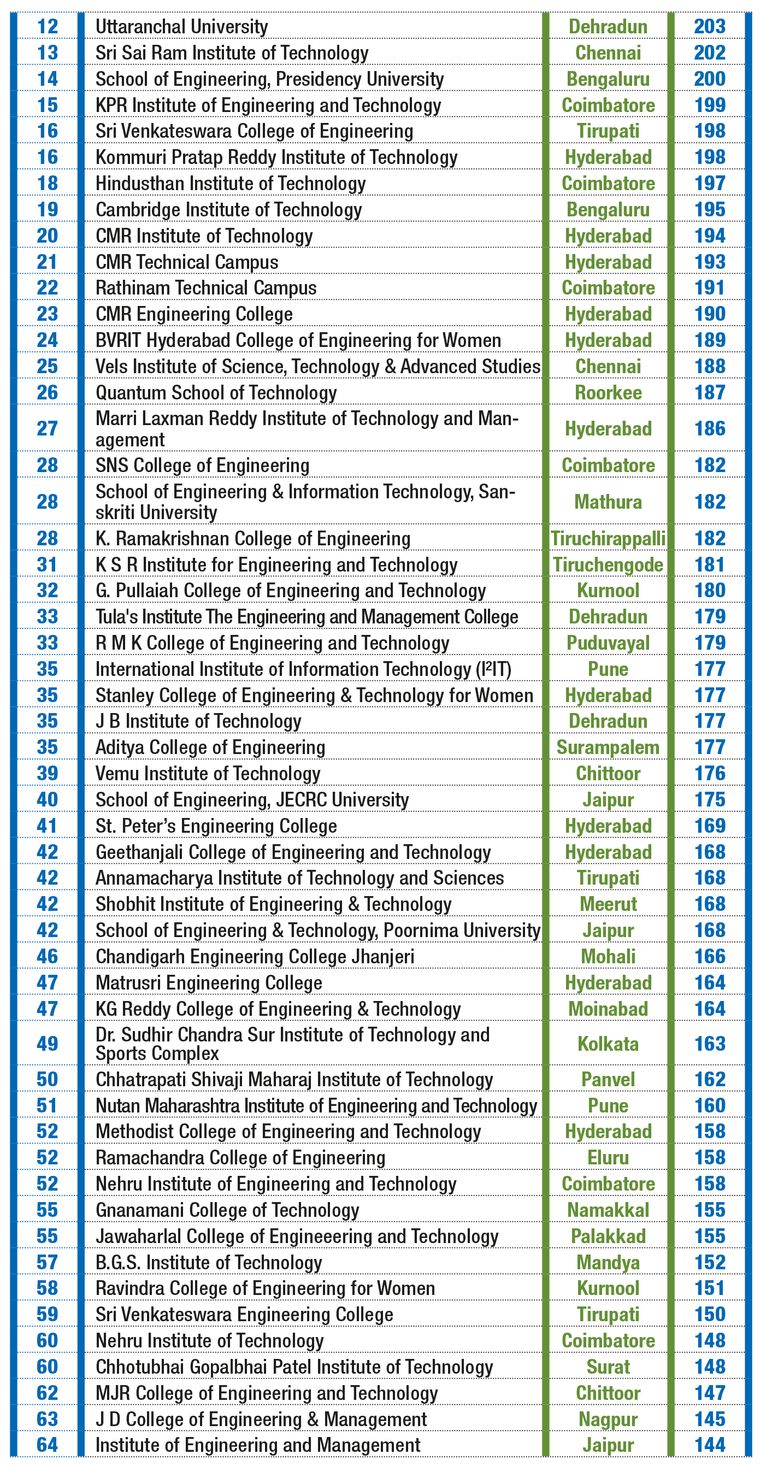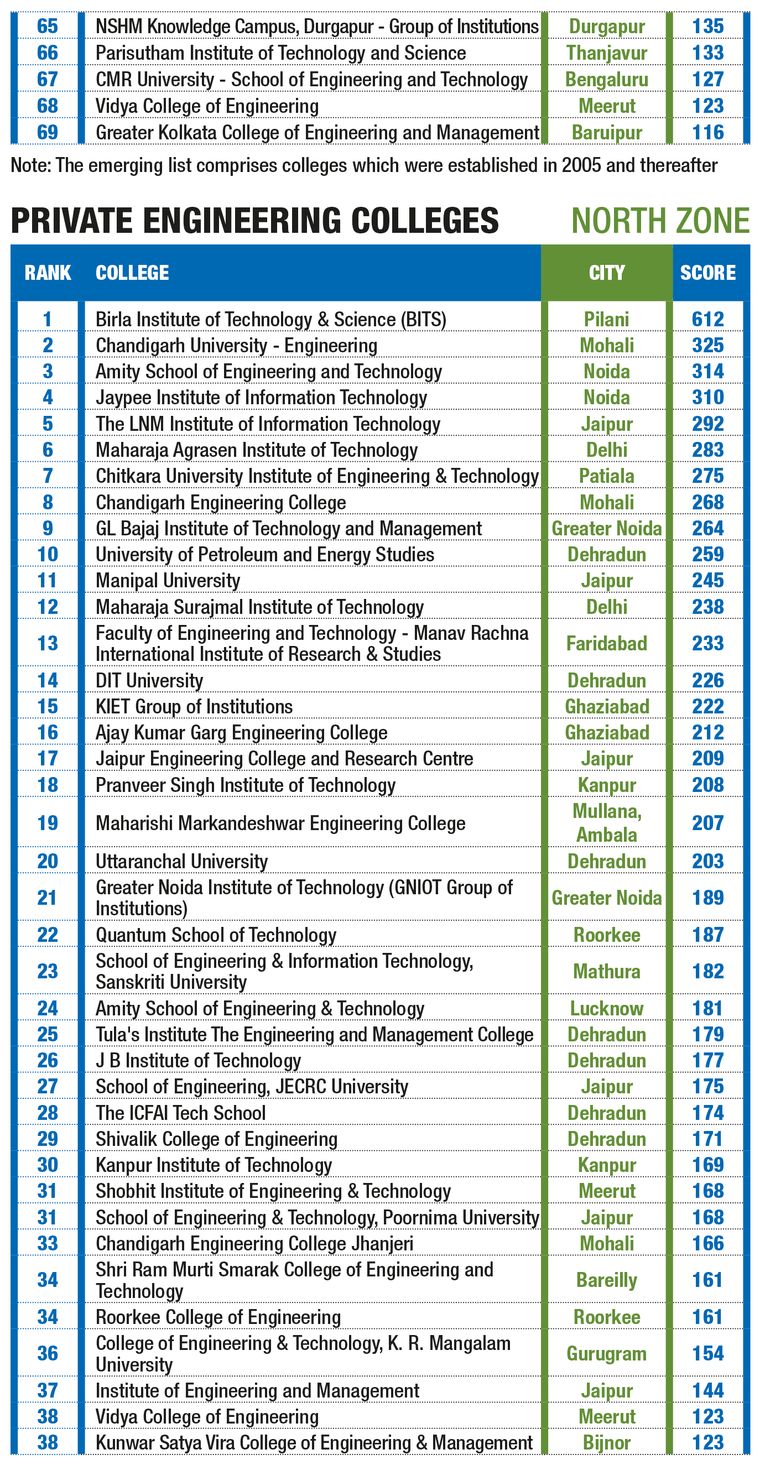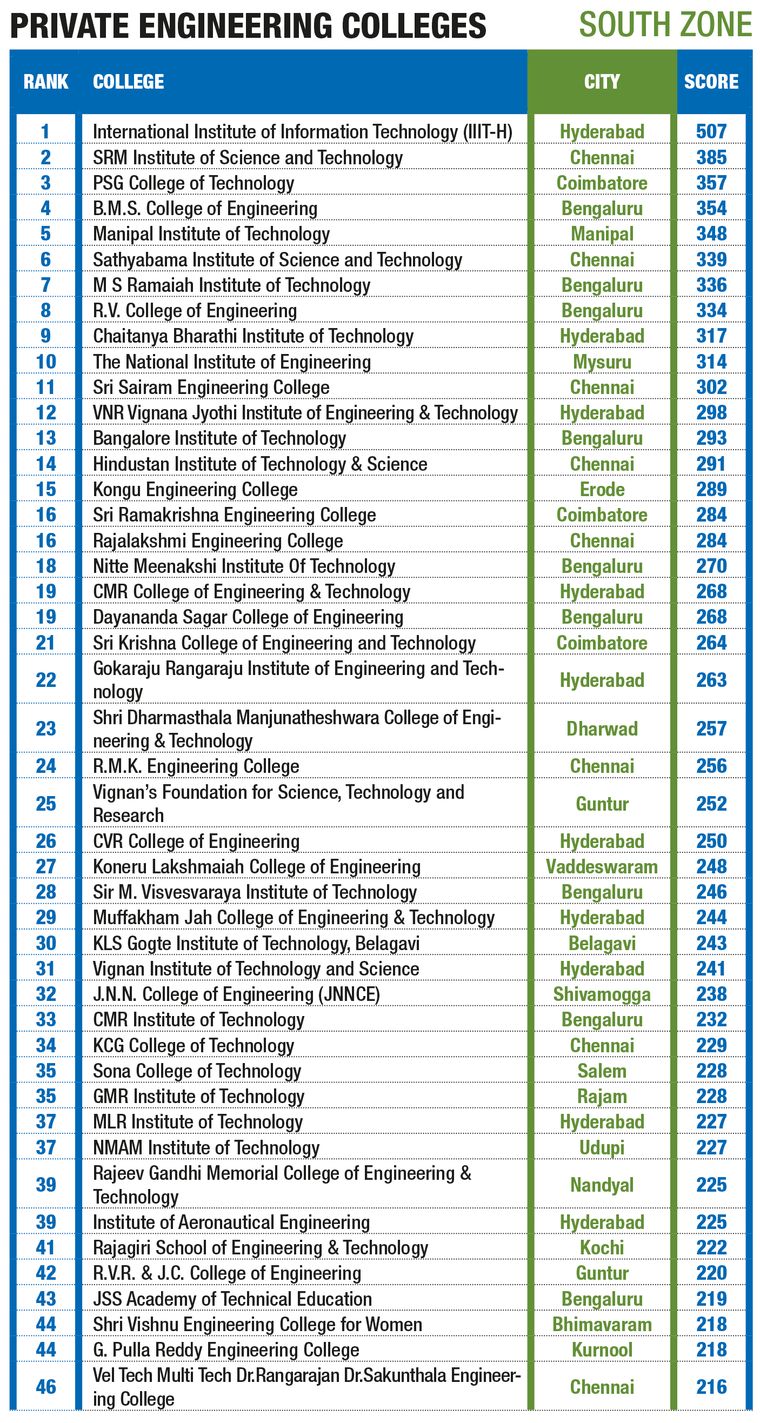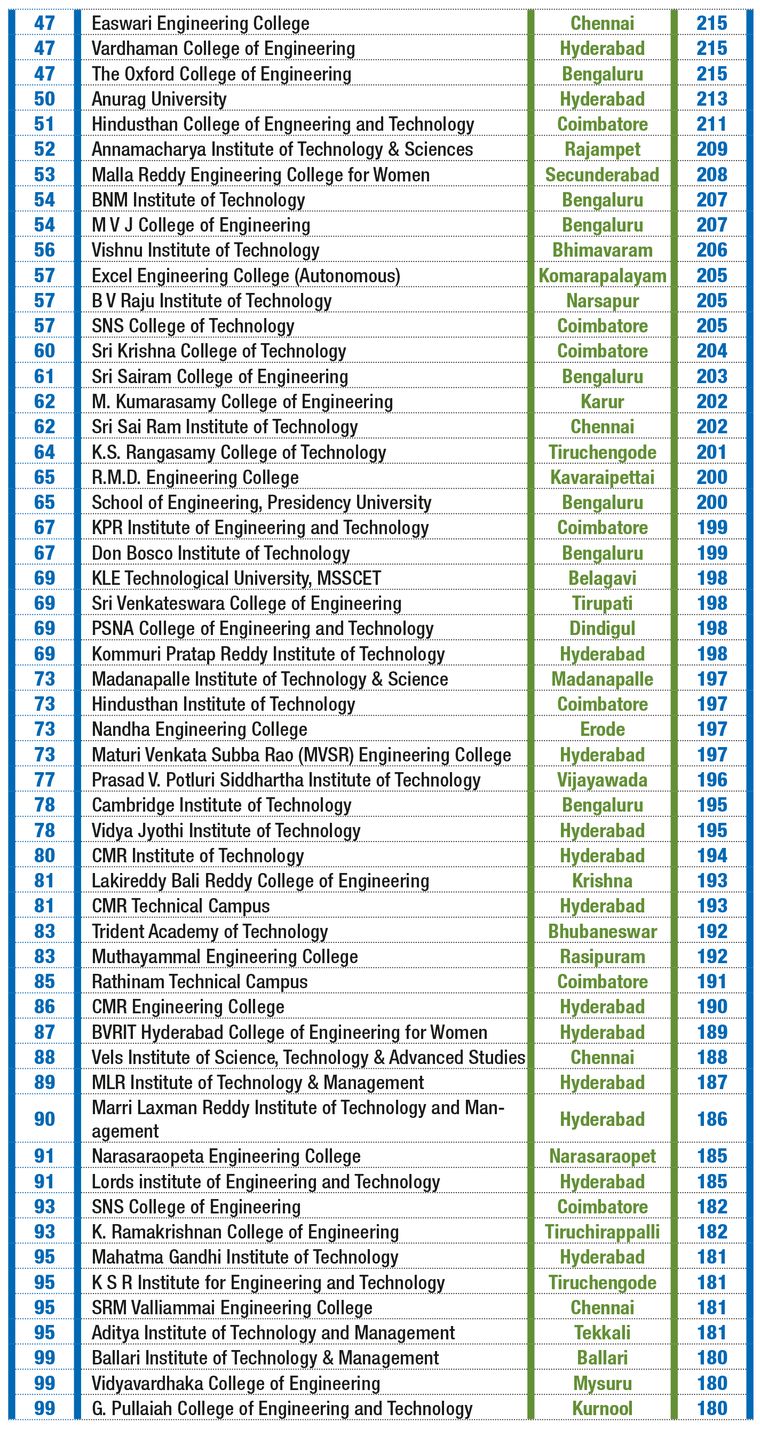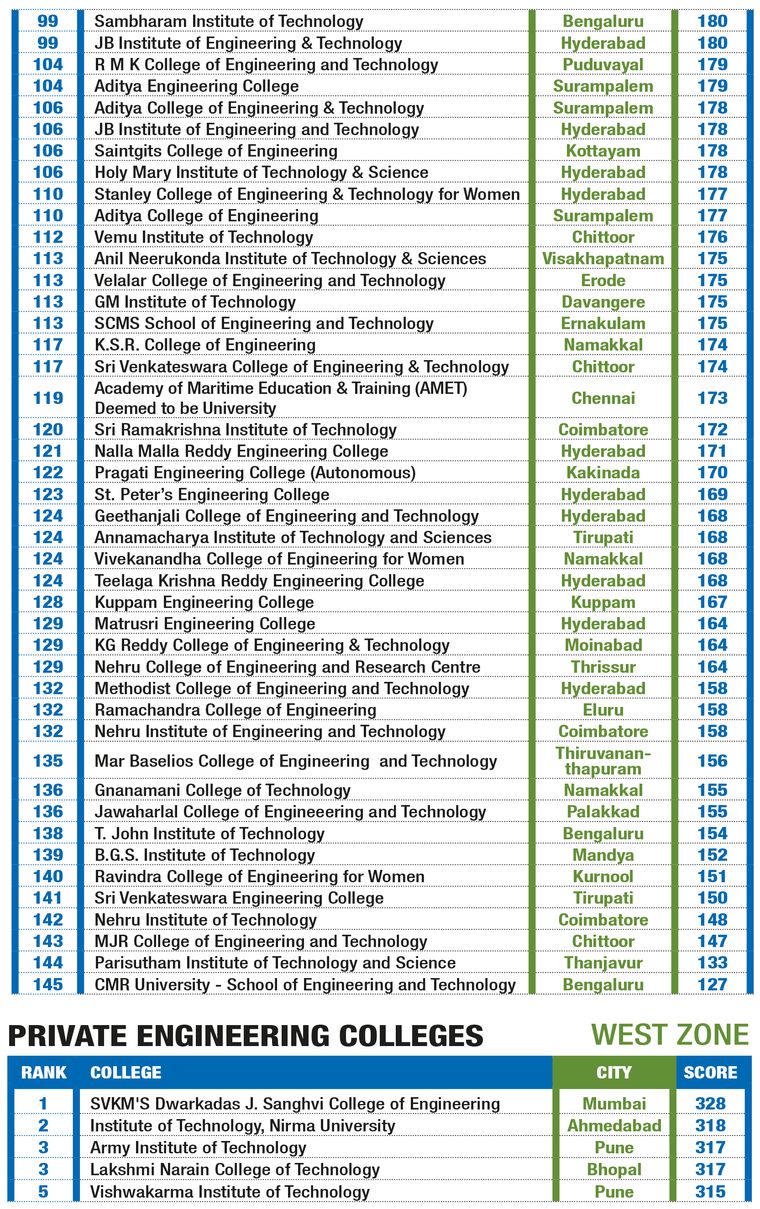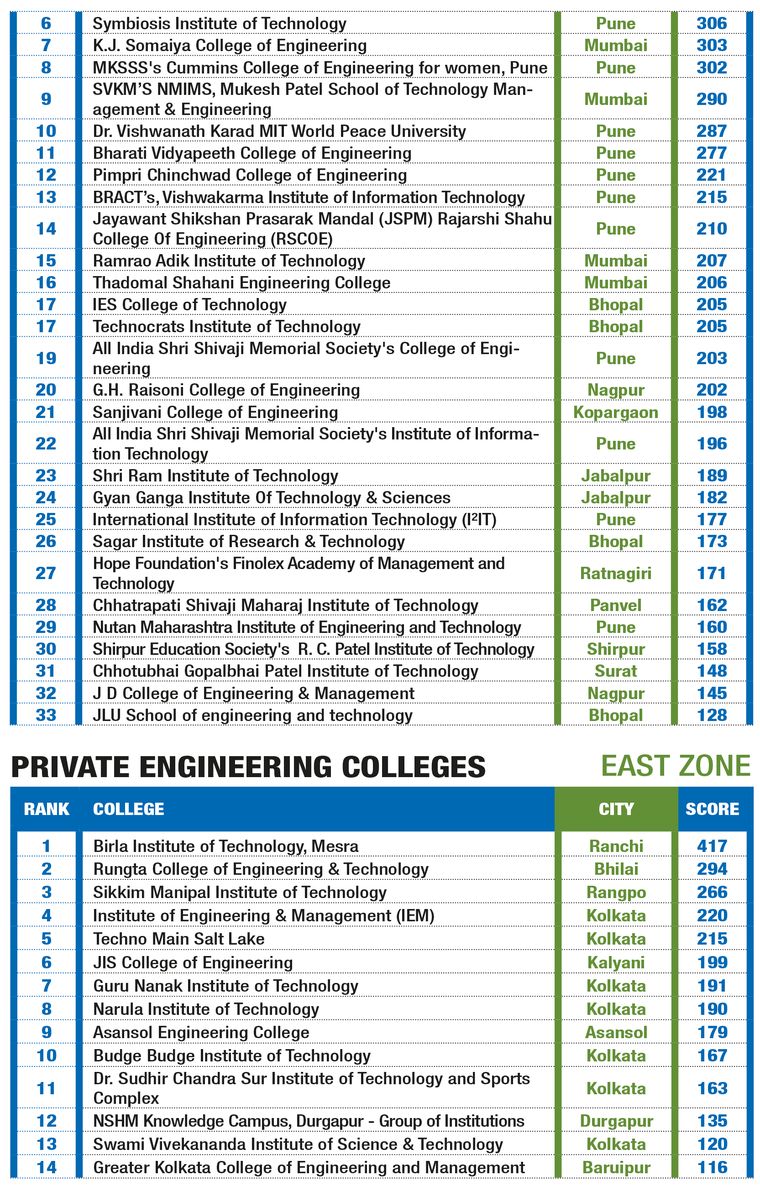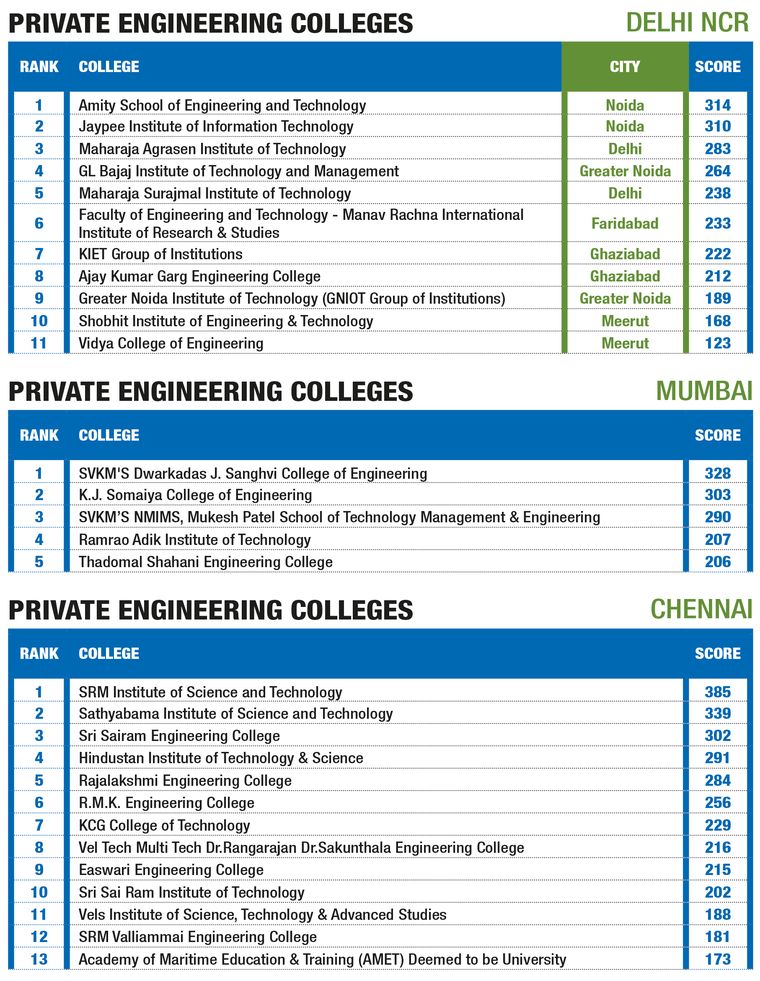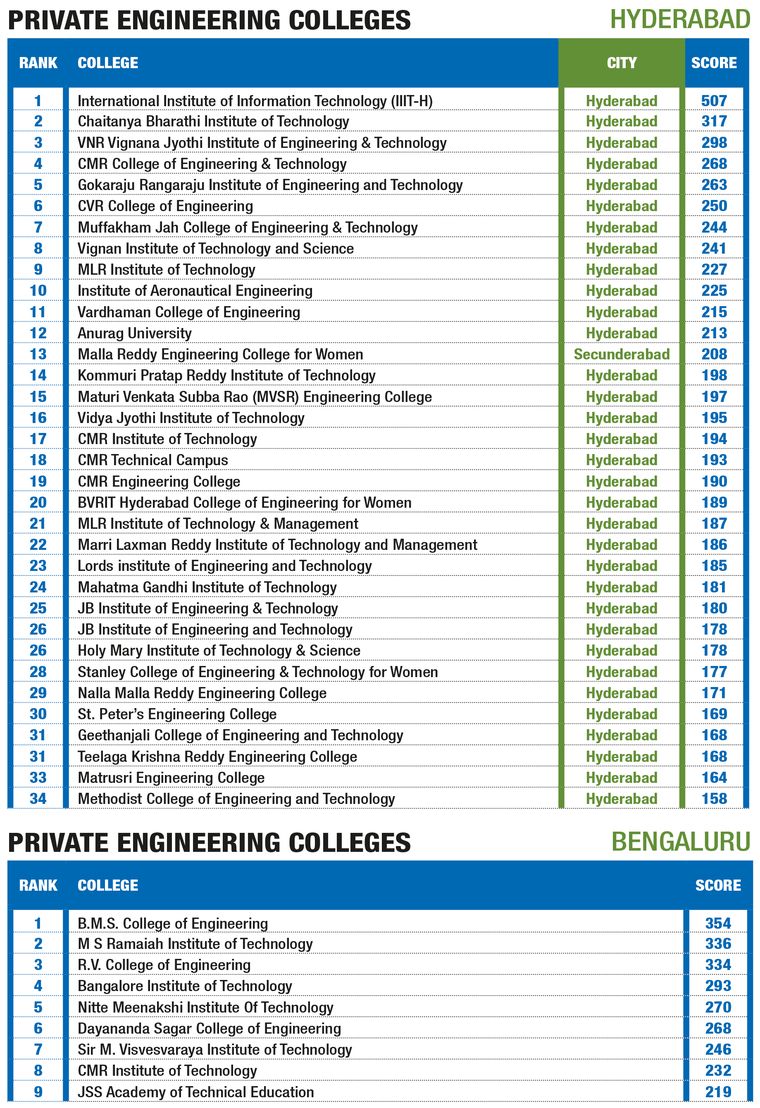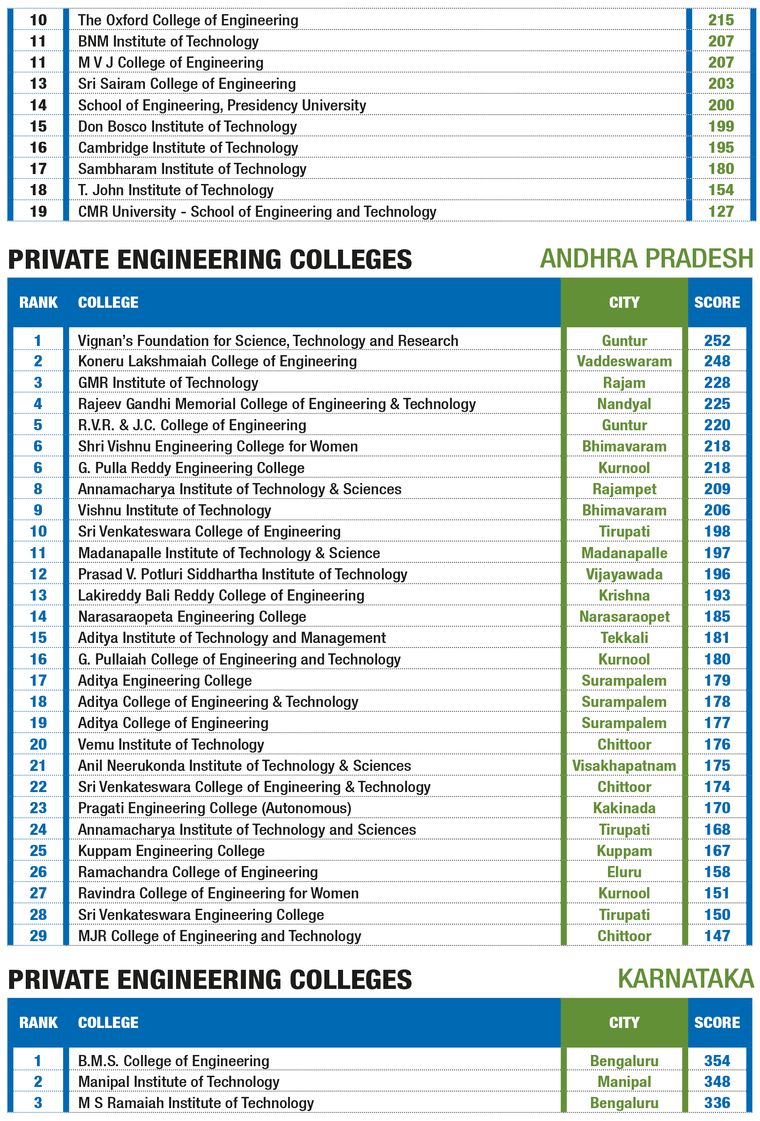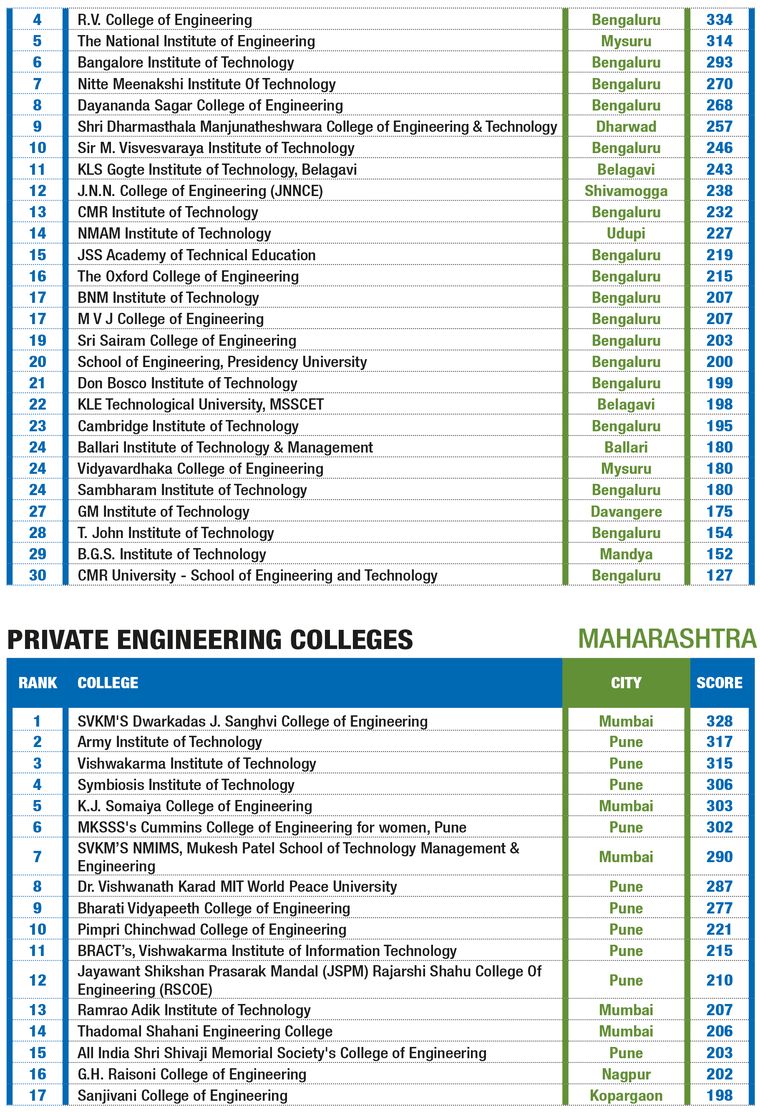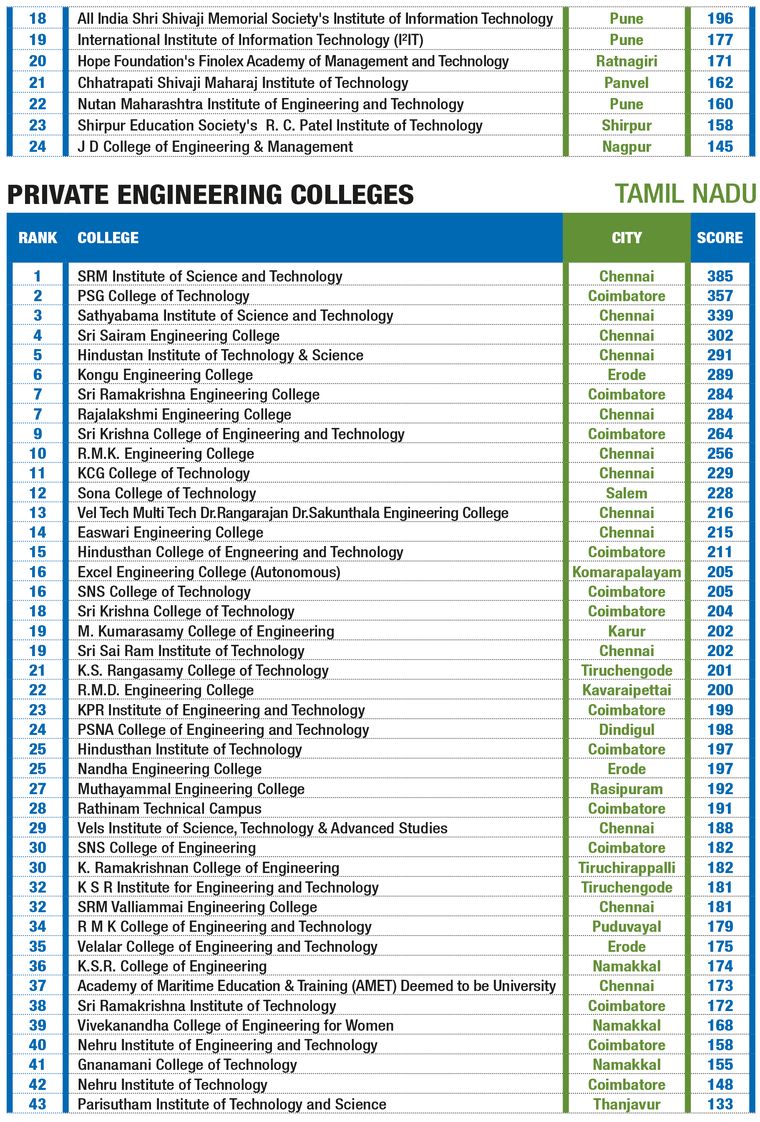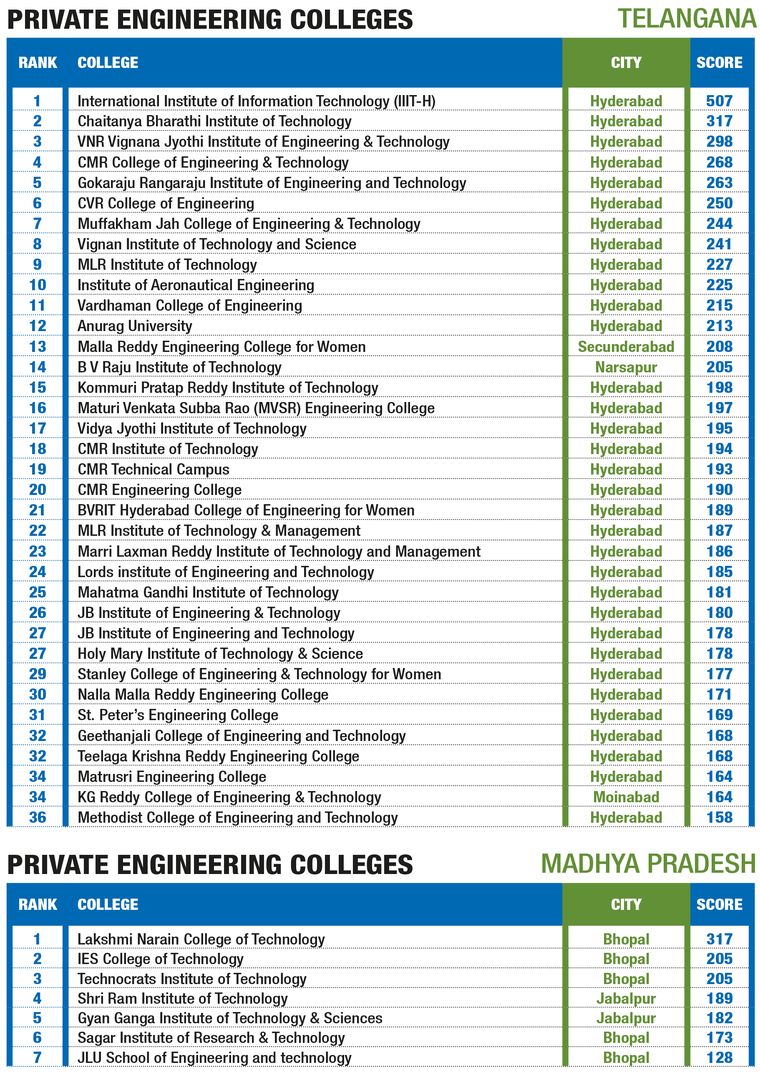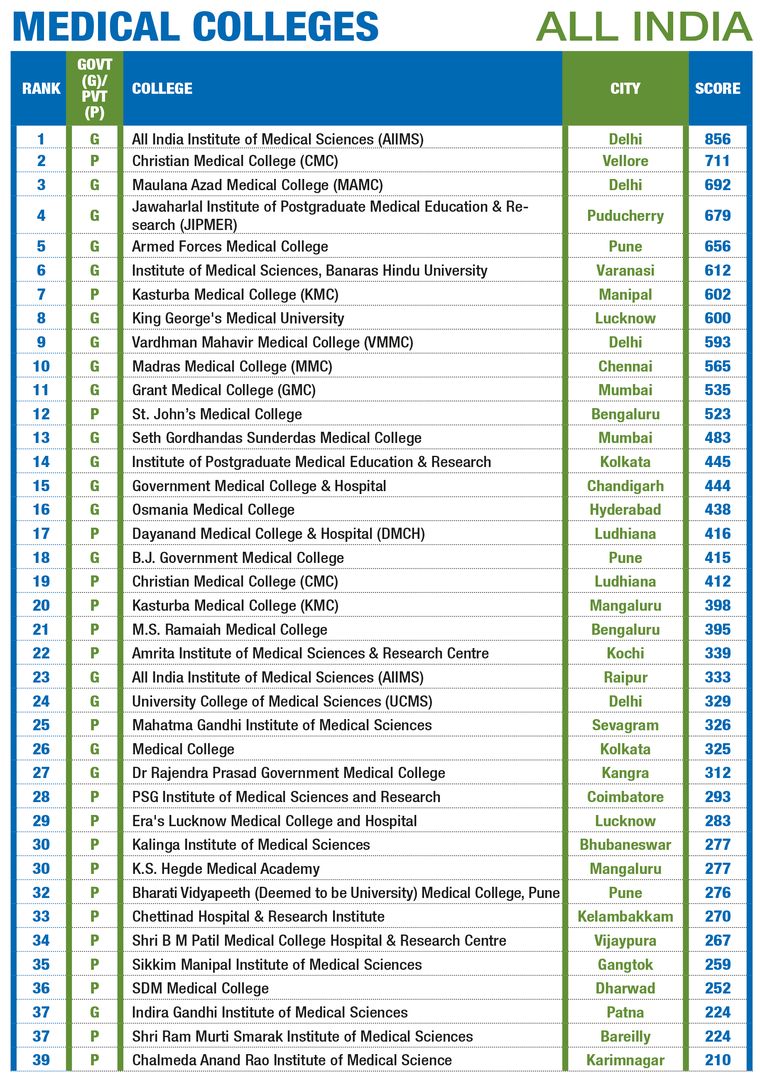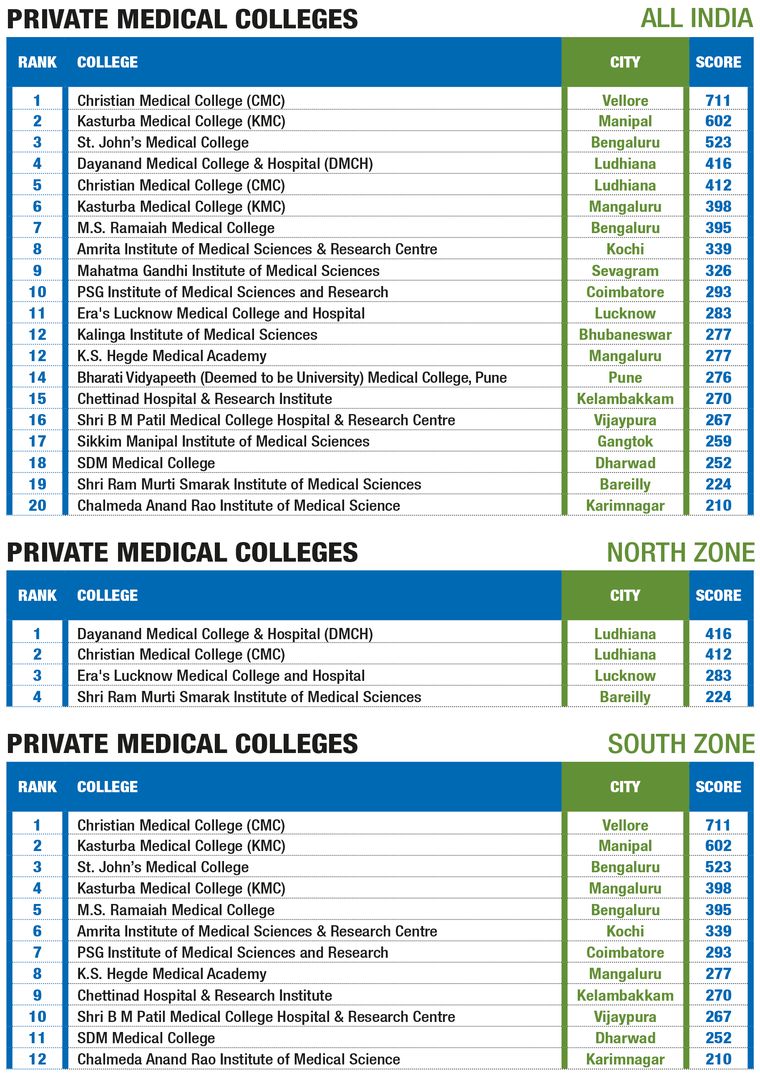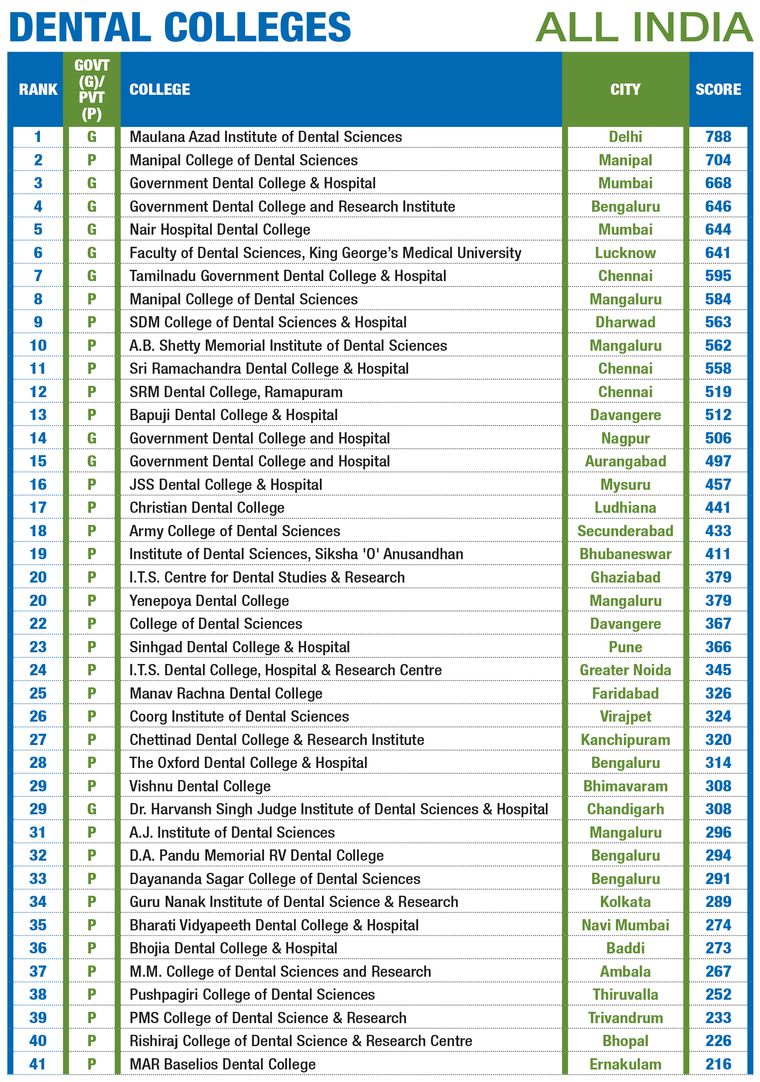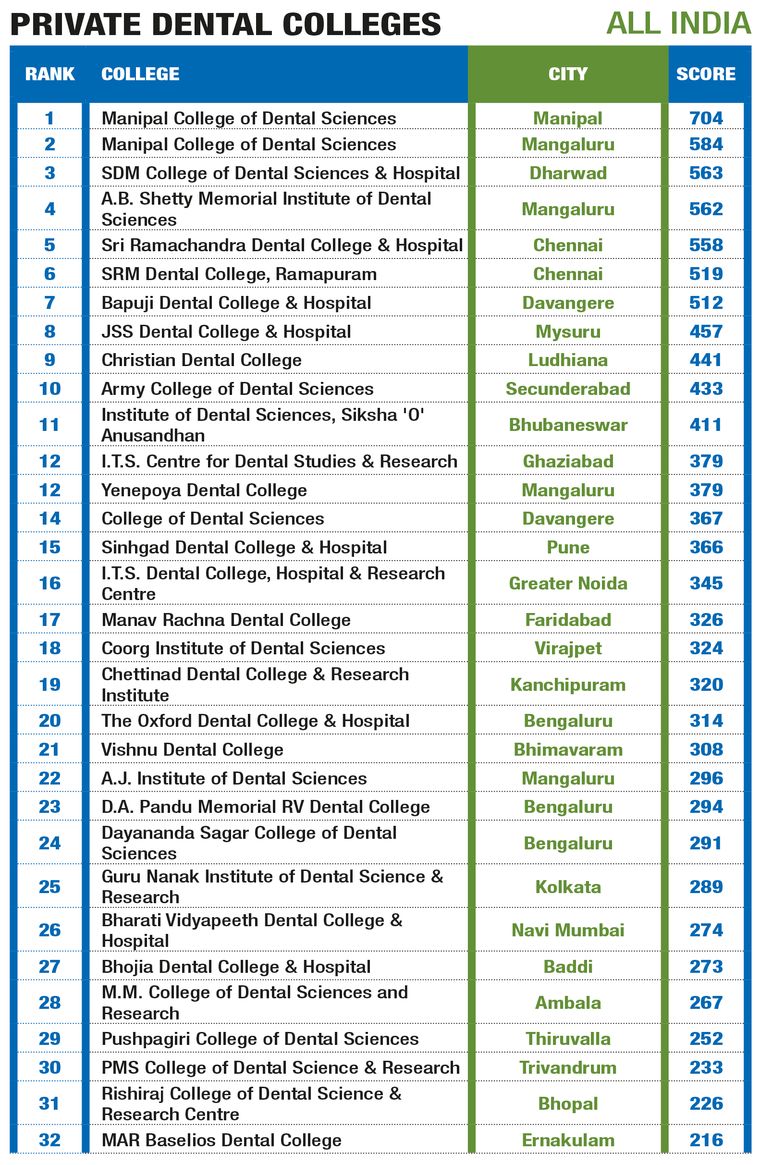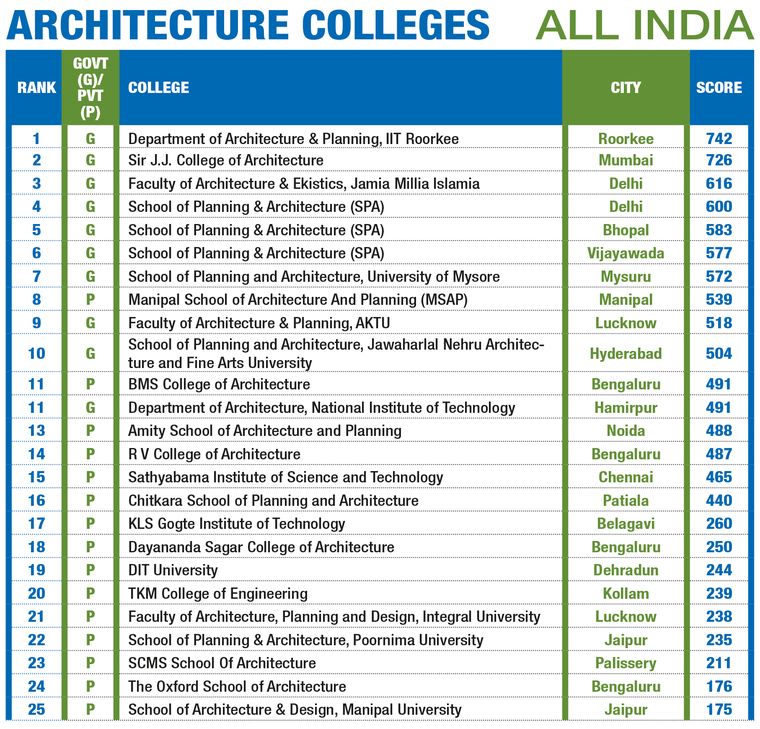If you are looking to pursue an MA, India’s best-ranked arts colleges would surely be among your top priorities. But, the Indian Institutes of Technology, too, are now becoming feasible options. IIT Madras, for instance, where the sought after courses include aerospace engineering, computer science and electrical engineering, will offer a two-year MA, starting this July, in development studies, economics and English studies.
In 2022, IIT Guwahati launched a master’s in liberal arts programme―courses range from essentials of political theory to foundational linguistics and historical studies. To be clear, several IITs have had humanities and social sciences departments for years. But, many more IITs are now expanding their programmes in this space.

“IITs are known for their rigour,” said Prof Jyotirmaya Tripathy, head, department of humanities and social sciences, IIT Madras. “That applies to the departments of humanities and social sciences as well. Since universities were struggling to offer quality education in arts and the need for quality graduates in the same subjects were rising in teaching, corporate consultancy and industry, IITs took the plunge and filled the vacuum.”
IIT Guwahati’s master of liberal arts programme aims to offer “training in theoretical analysis and abstract thinking with practical application”. The institute’s website says that the challenges of today call for a “holisitc approach, lateral thinking abilities and non-traditional problem-solving skills” and that the programme would allow students to make “informed judgments” with “a sense of the ethical implications”.
The increased focus on humanities and social sciences is not restricted to IITs. The International Institute of Information Technology in Hyderabad offers a dual-degree programme, which combines a BTech in computer sciences and master’s in human sciences.
But, why are such courses needed? Because technology graduates would be creating systems and tools to be used by a large number of people who are not technologists, said Prof P.J. Narayanan, director, IIIT Hyderabad. “As a result, such systems must be designed with the larger humanity in mind,” he said. “The students need to be aware of how humans as individuals and as members of society may use them. They should be given sufficient depth of understanding to make systems that are equitable and just besides being easy to use.”
Shyamasree Dasgupta, chairperson, School of Humanities and Social Sciences, IIT Mandi, which offers a two-year MA in development studies, said that students are able to “see through the complexities of development and thinking like development practitioners after they complete the course”. IIT Mandi also has a PhD programme in its School of Humanities and Social Sciences.
Apart from the technical institutes, even top business schools like the Indian Institutes of Management are eyeing this space. IIM Bangalore, for instance, has announced it would start a four-year undergraduate programme in liberal arts from 2024. At IIM Kozhikode, humanities and liberal arts in management is one of eight academic areas. The primary focus is on human communication, law, social and political aspects of Indian societies, culture, history and ethics. The aims is to “foster the imagination of the students further”.
Many of these courses are also fairly integrated and may be open to students from other streams. For instance, at IIT Mandi, the courses offered towards the MA and PhD programmes are relatively advanced and, many a times, open to third or fourth year BTech students. MTech students could also opt these courses as free electives, said Dasgupta.
The courses are getting a good response from students. At IIIT Hyderabad, out of around 20,000 students who applied to the BTech and MS dual-degree programme last year, over 2,000 students applied for the human sciences dual degrees, said Narayanan. While, this year’s admissions are yet to finish, the numbers have increased significantly, he added. IIT Madras used to get close to 6,000 applications for 50-odd seats for its five-year integrated programme, according to Tripathy. (The five-year programme has now been converted into the two-year programme mentioned above.)
Several IITs, including IIT Madras, select students from GATE (the graduate aptitude test in engineering) for their two-year MA programmes. A few other IITs that offer economics programmes admit students through the JEE advanced test. At IIT Guwahati, applicants for MA in liberal arts will be selected based on an entrance test. The written exam tests applicants on reading comprehension, general and social awareness, quantitative ability and logical reasoning. Furthermore, applicants also need to write three essays that test their critical thinking skills and articulation.
Prof P.J. Narayanan
Director, International Institute of Information Technology, Hyderabad
Students need to be aware of how humans as individuals and as members of society may use [technology]. They should be given sufficient depth of understanding to make systems that are equitable and just.
John C. Maxwell said success is the result of growing to our potential. It is also said that our potential is God’s gift to us and what we do with it is our gift to Him.
We focus on improvement in three areas: enterprising skills, employability skills and life skills.
Vijay Kumar Srivastava
Vice chancellor, The Maharaja Sayajirao University of Baroda, Vadodara
It may be difficult for a student to choose a course because of the variety of disciplines on offer. A tried-and-tested strategy is to reflect on a former experience or subject that you found particularly rewarding or for which you frequently received high grades in school.
Chakravarthi Mittapalli
Vice chairman and managing director, NEC Group of Institutions, Andhra Pradesh
Various state and centrally sponsored scholarships and initiatives have bridged the gender gap and played a significant role in attracting more women to pursue STEM courses. As a result, we are witnessing a positive transformation in the representation of women in traditionally male-dominated fields of science, technology, engineering and mathematics.
Koneru Lakshman Havish
Vice president, KL Deemed to be University
To improve the Indian education sector and research ecosystem, several key steps can be taken. These include, digital integration and technology adoption, teacher empowerment and professional development, strengthening vocational and skill-based education, addressing inequities and improving access, promoting research and innovation.
Maitreyee Chaudhuri
Group director, IAM institute of Hotel Management, Kolkata
The government must make quality education more accessible at all levels of the educational system, especially in rural and remote areas―from primary to higher levels. Additionally, there should be more funding provided to underprivileged children and/or groups who are marginalised so they can attend school.
Abbas Ali Mahdi
Vice chancellor, Era University, Lucknow
To improve the Indian education sector, we must move from large fragments of higher education institutes towards large, multidisciplinary universities; have more emphasis on the development of cognitive skills and learning outcomes; move towards faculty and institutional autonomy and have a single regulatory body for higher education.
M.S. Ganesh Prasad
Vice principal, The National Institute of Engineering, Mysuru
While selecting a programme, students should consider accreditation and infrastructure of the college, NEP implementation, skill development and opportunities for holistic development, incubation centre for innovation and entrepreneurship, career guidance centre, placement and internship facilities, international alumni and industry connect and counselling/mentoring facility.
Sachin Vernekar
Dean, faculty of management studies; director, IMED, Pune, Bharati Vidyapeeth (Deemed to be University)
About 43 per cent of STEM graduates in India are women, higher than in developed countries like Canada, the US and the UK. Many educational institutions and policymakers have implemented educational reforms to make STEM education more inclusive and appealing. Overall, STEM offers diverse, rewarding and well-paid career prospects to women.
Vidula Sohoni
Principal, College of Engineering, Pune, Bharati Vidyapeeth
(Deemed to be University)
To improve the Indian education sector, it is crucial to focus on enhancing access to quality education, invest in infrastructure development, and update the curriculum to align with industry needs. To improve the research ecosystem, there should be increased funding for research and better support and resources for researchers.
Girish Desai
Executive director, Pimpri Chinchwad Education Trust, Pune
From ordering food and groceries online to booking cabs or checking calories burned or writing content through ChatGPT, the impact of technology is visible in every aspect of life. Technology is being developed by technologists or engineers and to become successful engineers or technologists, STEM courses are a must.
Nandan Gupta
Chancellor, Swami Vivekananda University
Digital transformation and emerging new technologies have made engineering an in-demand profession and the demand for engineering graduates is steadily growing. To cater to this growing trend and make graduates employable, the AICTE included emerging technologies in the curriculum in the recent past.
P. Deiva Sundari
Principal, KCG College of Engineering
Students should select the course that is of interest to them. Also, the institute offering the course is more important than the course itself.
In order to improve education in India, there should be investment in manpower with a focus on skilling. Research should be applied research.
V. Balusamy
Principal, Kongu Engineering College, Erode
RESEARCH METHODOLOGY
THE WEEK-Hansa Research Best Colleges Survey 2023 covered 11 disciplines―arts, sciences, commerce, engineering, medicine, dentistry, law, hotel management, fashion technology, mass communication and architecture―across 22 cities.
A primary survey was conducted with 1,271 academic experts, 2,782 students and 69 recruiters. Opinion of recruiters was taken only for engineering. The respondents were asked to nominate and rank the 25 top colleges in India and their respective zones.
Perceptual score was calculated based on the number of nominations and the actual ranks received.
For factual data collection, a dedicated website was created and the link was sent to more than 3,500 colleges. Of the 501 colleges which responded, three were rejected as they did not meet the eligibility criteria―at least three batches should have graduated. Data for the remaining colleges was used for rankings and validations.
Factual score was calculated based on weightages assigned to parameters such as infrastructure, faculty, teaching-learning process and extracurricular, placement and hospital association (for medicine and dentistry). Placement was assigned a lower weightage (20 per cent) in the case of arts, sciences and commerce compared with other disciplines like engineering (30 per cent) and architecture (27.5 per cent).
Final score = Perceptual score (out of 600) + factual score (out of 400)
Some colleges could not respond to the survey. For them, composite score was derived by combining the perceptual score with an interpolated factual score based on their position in the perceptual score list. In cases where factual data from within the last three years was available, that was used. Colleges that did not participate and did not wish to be ranked have been omitted.


